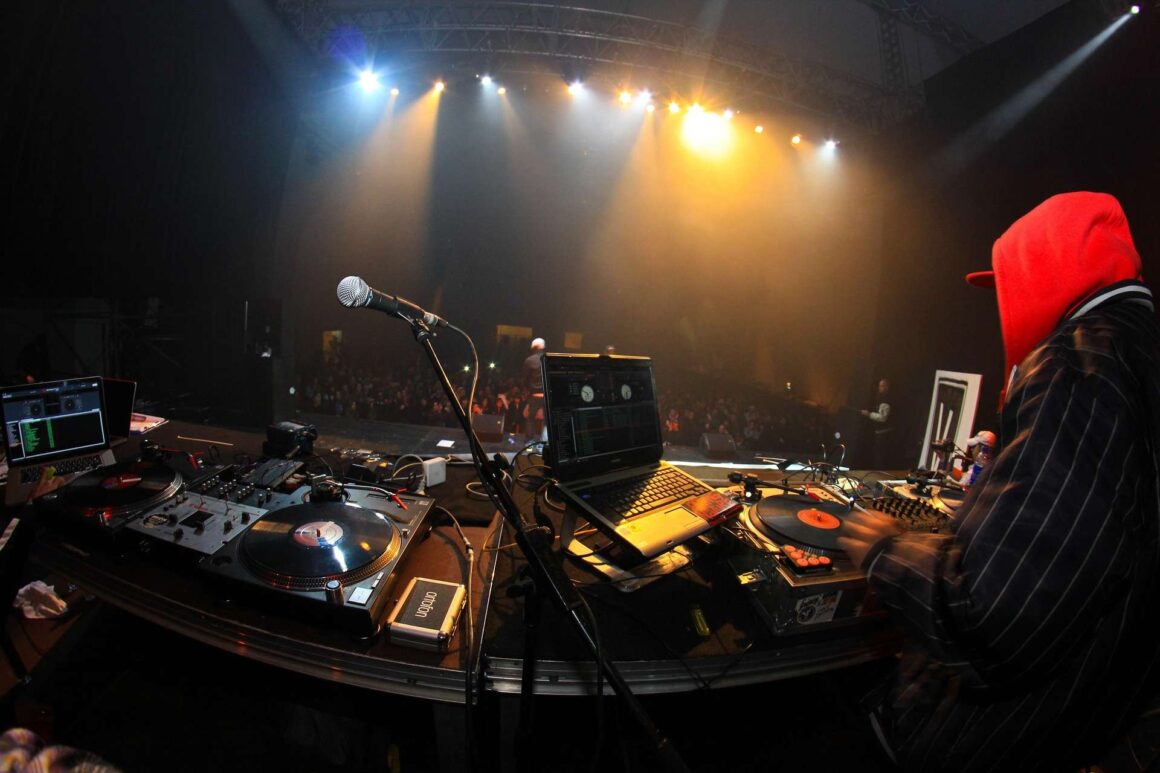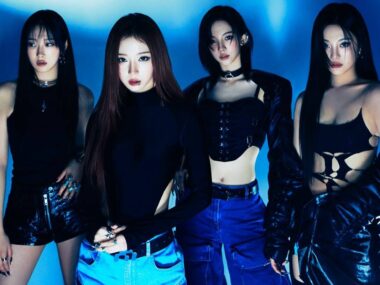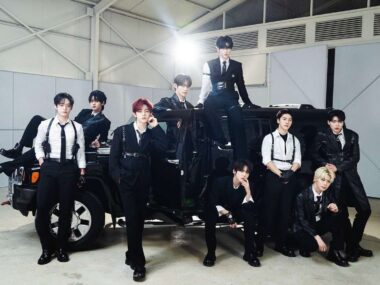I’ve noticed that a lot of people tend to use the words “rap” and “hip-hop” interchangeably. These two words are treated like synonyms, but they actually describe two completely different aspects of Black American culture.
What’s the Difference Between Rap and Hip-Hop?
Hip-hop is a culture built on five key elements: MCing (rapping), DJing, breakdancing, graffiti art, and knowledge/self-awareness. It was born out of block parties held in the Bronx in the 1970s, where DJs like DJ Kool Herc invented techniques for isolating and extending the instrumental breaks of funk and soul records.
MCs (Masters of Ceremony) would introduce the DJs and hype up the crowd by chanting to the beat. Over time, these interjections became more complex and rhythmic, morphing into the vocal technique we now know as rapping. For many Black, Caribbean, and Latino youths, rapping gave them an outlet to express themselves and share their stories with the world.
It’s important to note that rapping is present in different genres and isn’t exclusive to hip-hop. It plays a crucial role in K-pop, where nearly every idol group has at least two rappers in its lineup. Many artists from across all genres have experimented with rap, from Beyoncé to Post Malone to Justin Bieber.
Why The Mix-up?
By the 1980s, rap became the most notable and accessible element of hip-hop. As the genre bled into mainstream pop culture, “rap music” was used as a shorthand for the music itself. Eventually, the lines began to blur, and people would switch between the two words as if they meant the same thing. It’s an easy mistake to make, especially since artists often blur the lines themselves.
Does It Even Matter?
Yes, it does matter, because confusing rap with hip-hop affects how hip-hop culture is perceived by others. It reduces hip-hop to nothing more than a genre of music, erasing its roots as a vibrant, multifaceted culture with its own set of values.
As hip-hop becomes more commercialized and spreads across the globe, audiences might only embrace rapping while ignoring elements like fashion, visual arts, and community building.
And then there’s the award shows. Major music awards—from the Grammys to the American Music Awards—blend rap and hip-hop into a single category. This results in artists whose work is tied to other aspects of hip-hop (DJing or producing) being overlooked in favor of those who focus solely on rapping. Some fans have debated who can call themselves a “hip-hop artist,” especially as more rappers experiment with other genres such as country, pop, and EDM.
So, while all rap is part of hip-hop culture, hip-hop is much more than just rap. As KRS-One famously said:
“Rap is something you do. Hip-hop is something you live.”
📌 Changelog
- May 19, 2025: Article re-written to add additional information. Changed image.
- Mar 9, 2017: Original article posted.






